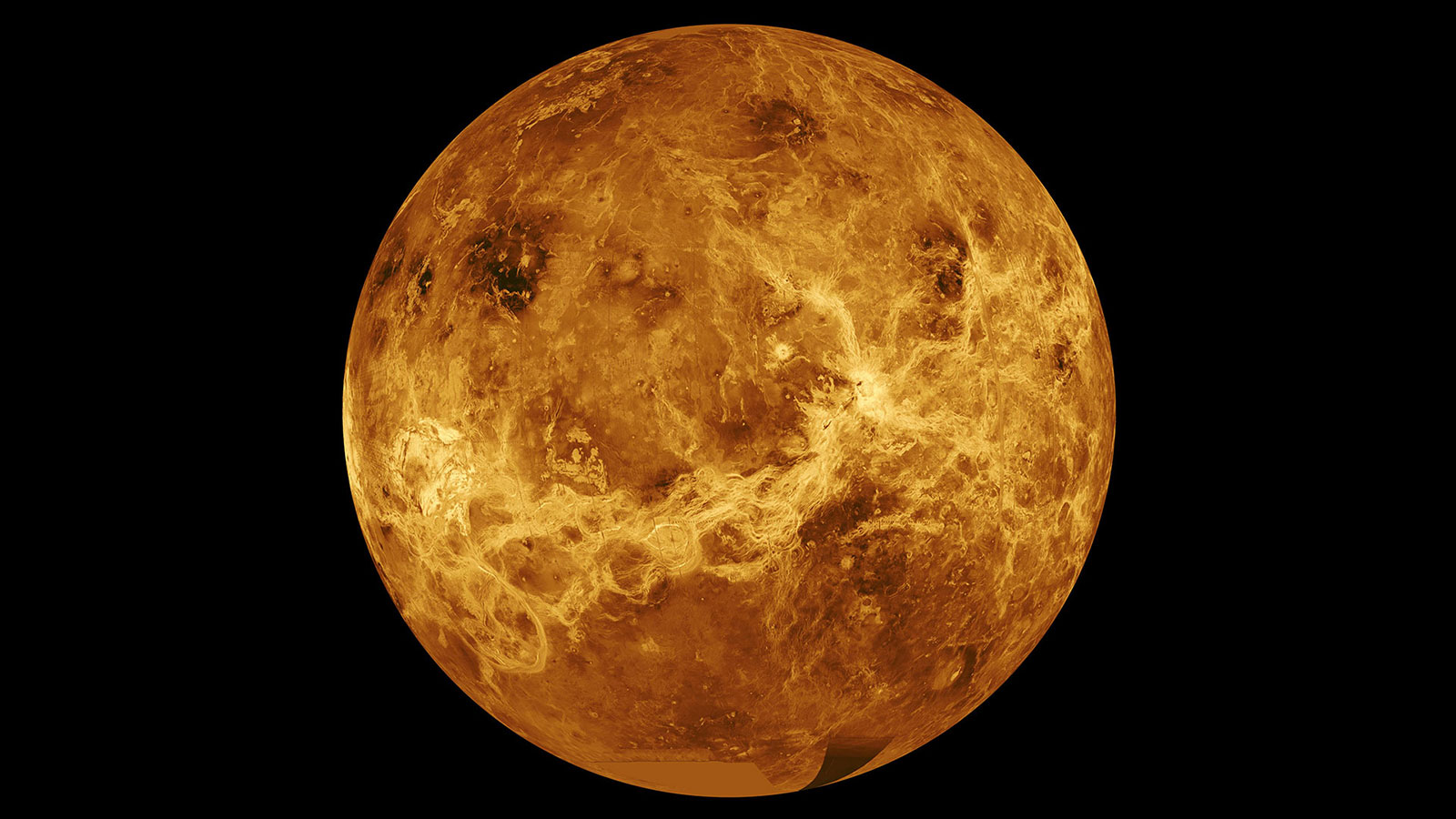Introduction: Venus, Earth’s so-called “twin planet,” has long captured our imagination. Yet, unlike our verdant home, Venus is a scorching inferno, shrouded in a thick, toxic atmosphere. With surface temperatures hot enough to melt lead, the idea of life on Venus seems like science fiction. But could there be a chance, however slim, for life to exist in this seemingly uninhabitable world?
The Venusian Inferno: A Surface Unfriendly to Life as We Know It
Venus boasts the hottest surface temperature in our solar system, exceeding even Mercury’s despite being farther from the Sun. This scorching heat is a consequence of a runaway greenhouse effect. A thick blanket of carbon dioxide traps solar radiation, causing the planet’s temperature to rise continuously. The crushing atmospheric pressure on Venus is 90 times that of Earth, equivalent to being nearly a kilometre underwater. Forget swimming; on Venus, you’d be instantly crushed.
A Glimpse of a Habitable Past?
While the current Venusian environment is hostile to life, some scientists believe it might not have always been this way. Evidence suggests Venus may have possessed oceans of liquid water billions of years ago. These ancient oceans could have provided a suitable environment for life to emerge, similar to Earth’s early history. However, a runaway greenhouse effect transformed Venus, boiling away the oceans and leaving behind the desolate landscape we see today.
Life in the Venusian Clouds: A Scientific Soap Opera
The most intriguing possibility for life on Venus lies not on the surface, but in its upper atmosphere. Around 50 kilometres above the scorching surface, temperatures and pressure become surprisingly Earth-like. Here, swirling clouds of sulfuric acid paint the Venusian sky. While this environment remains harsh, it’s far more hospitable than the unforgiving surface.
In 2020, scientists sent shockwaves through the astronomical community by announcing the detection of phosphine gas in the Venusian clouds. Phosphine is a molecule typically associated with biological processes on Earth. While the discovery doesn’t definitively prove life exists, it does suggest there may be unknown chemical processes at play, or even the possibility of life forms adapted to the Venusian extremes. However, subsequent studies haven’t been able to consistently confirm the presence of phosphine, leaving the debate open.
Life With a Twist: Could Exotic Biochemistry Exist?
Life on Earth relies on liquid water as a solvent for its essential chemical processes. The Venusian clouds, however, are composed primarily of sulfuric acid. This raises the question: could life, in some exotic form, exist using a different solvent entirely? Perhaps life forms on Venus, if they exist, utilize sulfuric acid for their biological processes in a way completely alien to us.
Challenges of Studying Life on Venus
The harsh Venusian environment poses significant challenges to the search for life. Sending probes that can withstand the extreme temperatures and pressures is a technological feat. Even if life exists in the Venusian clouds, its form and composition may be so different from anything we know that current detection methods might miss it entirely.
The Future of Venusian Exploration
Upcoming missions like NASA’s DAVINCI+ and ESA’s EnVision aim to unravel the mysteries of the Venusian atmosphere. These probes will analyze the composition of the clouds, searching for biosignatures and investigating the possibility of past habitability.
Life on Venus: A Hopeful Search
The search for life on Venus is not just about finding little green men. It’s about pushing the boundaries of our understanding of life itself. By exploring the possibility of life in such an extreme environment, we gain insights into the potential diversity of life in the universe and the conditions that might foster it. Even if we never find definitive proof of life on Venus, the search itself broadens our perspective on the cosmos and our place within it.
So, is there life on Venus? The answer, for now, remains a tantalizing mystery. But with ongoing exploration and the development of new technologies, the Venusian clouds may one day reveal secrets that could rewrite our understanding of life in the universe. **


